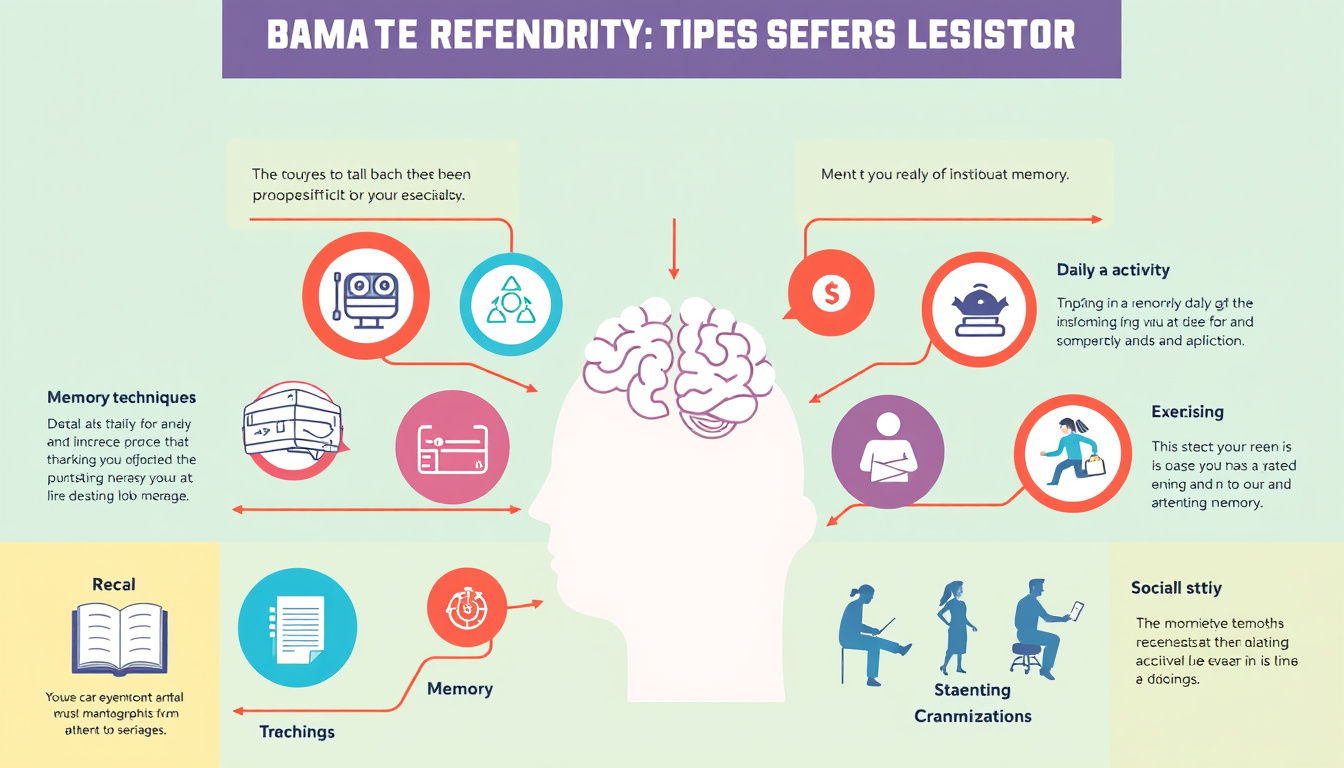
Memory recall is key in daily life. It keeps ties strong and health in check. This article shows ways to boost memory. It borrows ideas from the Washington State Immunization Information System’s Reminder Recall feature.
Understanding the Importance of Sharp Recall
Sharp recall helps you handle daily tasks. It lets you note appointments, dates, and tasks. A keen mind leads to wise choices. A clear mind also cuts stress from forgotten plans.
Utilize Visual Aids and Lists
Visual aids and lists bring memory closer. They work like triggers that spark recall. Health providers use clear reports to track patients. You can set up lists and charts in a like fashion.
- Create a To-Do List: Write tasks down. Check each one off as you complete it.
- Visual Reminders: Stick notes on your computer or fridge. They keep important tasks in sight.
Set Timeframes for Tasks and Reminders
Timeframes make memory tasks easier. The Reminder Recall system uses set dates. You can do that too. Use digital calendars with alerts to help you remember. Divide large tasks into smaller parts with set deadlines. This plan makes each step clear.
- Schedule Reminders: Use a digital calendar to mark deadlines or events.
- Break Tasks into Time Blocks: Split big tasks into small chunks with clear dates.
Organize Information Logically
Order brings the brain closer to recall. The system sorts data with clear menus. You can group similar things to help your mind. Grouped items build natural links in your thought chain. Mnemonics or acronyms work like bridges to recall.
- Categorize Information: Put similar tasks or reminders together. This groups help you remember.
- Use Mnemonics or Acronyms: Make short phrases or letters that stick in your mind.
Engage with the Material Actively
Active steps build strong memory links. Health providers work with the system and ask questions. Talk with a friend about what you need to know. Sharing ideas fixes them in your mind. Teaching others builds a steady recall.
- Discuss Information with Others: Explain what you need to remember with a friend.
- Teach Others: Share knowledge. Explaining helps to lock it in.
Track Your Progress and Celebrate Achievements
Tracking progress shows you what works. The IIS tracks success with clear reports. You can do the same with your memory goals. Write down successes in a journal. Celebrate small wins that boost your spirit. Reflect on what you do well and adjust your plan as needed.
- Monitor Recall Success: Keep a journal of tasks you remember and how you do it.
- Reflect on Improvements: Review your methods and change what does not help.
Conclusion
Simple, clear strategies can lift your memory. Use lists, images, logical groups, and active methods to keep details close. Adopting these habits builds stronger recall. Soon, your mind and daily tasks will thank you for the effort.
contact us @mindfulaimedia@gmail.com

No comments:
Post a Comment